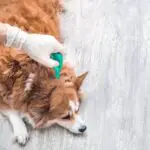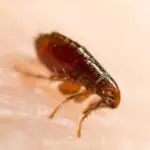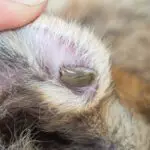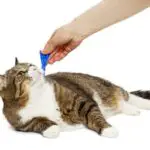Can Fleas Eat Human Food?
The first time you hear the question, “Can fleas eat human food,” you probably immediately want to avoid the idea. The fact is, fleas are not obligate carnivores. In fact, they can survive in the absence of a host for as long as a hundred days. The only difference is that without a blood meal, fleas cannot lay eggs, so they would eventually die off. However, once they find a blood meal, they can lay eggs almost immediately or within a few days.
Fleas have been associated with humans for thousands of years. The bacterium Yersinia pestis was spread by fleas in the 14th century, causing the black plague, which killed 25 million people in Europe and many other countries. Since then, fleas have spread the bacteria to humans, and there are more than two hundred million known victims.
Fleas are tiny, flat insects that live on warm bodies. They are reddish brown and have wingless bodies. Their flattened bodies allow them to easily navigate through the hairs of their host. They have long legs and short spines directed backward. Adult fleas have mouthparts that are designed to sucking blood from the host.
The flea life cycle usually lasts 17 to 26 days, and the female flea lays a large number of eggs a day. These eggs are laid on the host’s hair, carpet, and bedding. They are non-sticky and fall off within a few hours. The eggs then hatch and the larvae develop in the home. The life cycle of a flea takes just 17 to 26 days, and adult fleas can remain quiescent for up to 5 months.








